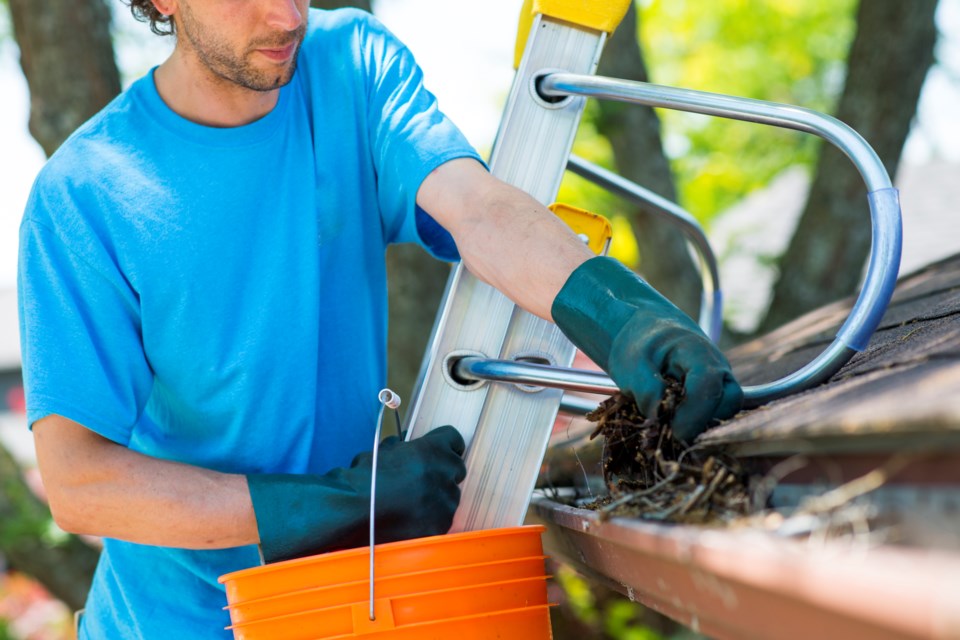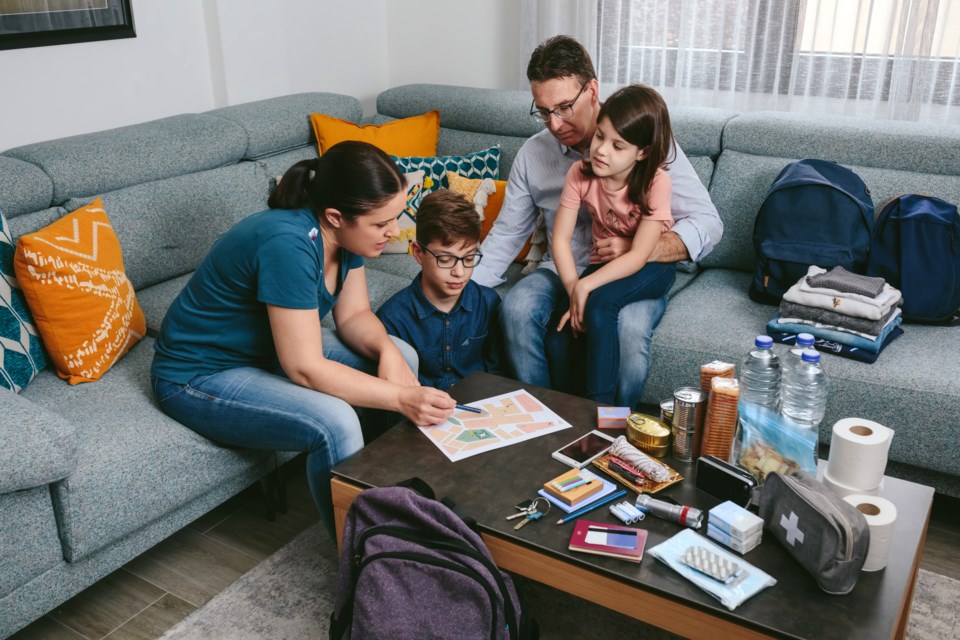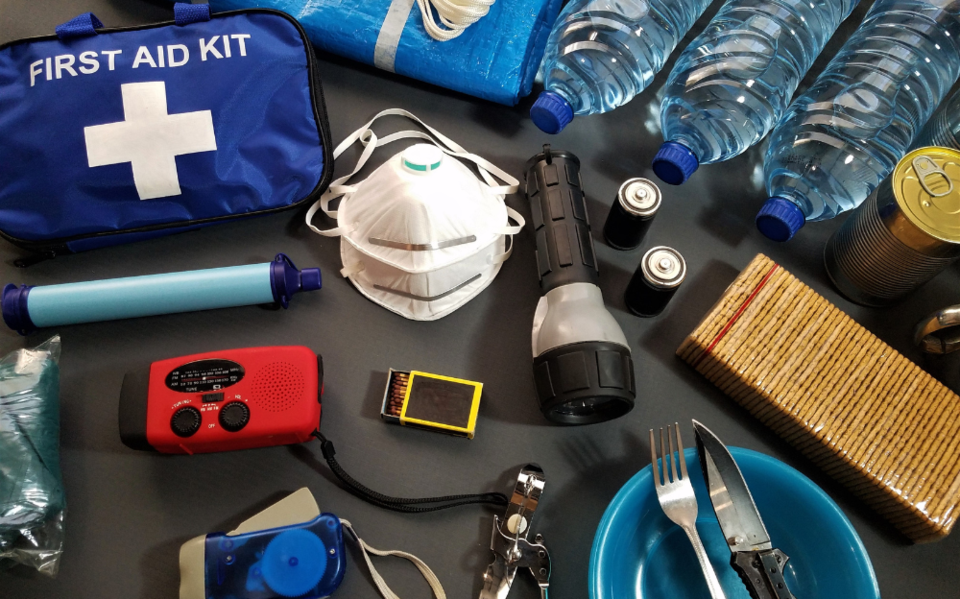Emergencies can happen at any time and often without warning, and wildfires can cause extensive damage and put lives in danger.
To prepare for a wildfire event, make sure you know the risks specific to your area, and that you and the members of your household know exactly what to do if a wildfire is possible in your area. Here are some steps you can take:
Take preventative measures
Protect your home and your property by removing any fire hazards such as dried out branches, leaves and debris. Keep a sprinkler that is in good working condition in an accessible spot. Learn how to turn off the utilities such as water, electricity, and heating and cooling in your residence. You may be instructed by local authorities to shut them off. Ensure pets and/or service animals are included in your evacuation plans.
If you’re building or renovating your home and live in a potential wildfire hazard zone, consider choosing fireproof or fire-resistant materials for the exterior, such as steel roofing, masonry walls or fibre-cement siding.

Pack an emergency kit
In an emergency, you will need some basic supplies ready to go in your emergency kit, and you may need to get by without power or tap water. Your kit should have supplies for everyone who lives with you for several days. Keep it on hand so you can grab flashlights if the power goes out or leave quickly if you must evacuate. Make sure your kit is organized and easy to find. You may also buy a pre-assembled emergency kit or a car kit online and in various retailers.
Have a plan
Public Safety Canada recommends every Canadian household have an emergency plan. It should include details such as: what to do for likely weather events in your area; emergency exits and safe routes out of your home and neighbourhood; meeting points and contacts in case your family isn’t together at the time of the event; as well as copies of important documents like birth certificates, land deeds and insurance information; even include places for your pet to stay.

Stay informed
Being able to communicate with family, friends and emergency responders during an emergency is critical, but keep in mind that everyday communication devices may not work properly during an emergency. If possible, use non-voice channels like text messaging, email or social media, as these use less bandwidth than voice communications and may work even when telephone service has been disrupted.
If you have to make a phone call, keep your conversation brief and communicate only critical information. Keeping calls short also saves the battery life of your mobile phone.
Find more information on how to prepare for a wildfire, and learn about other hazards and emergencies at getprepared.ca.




